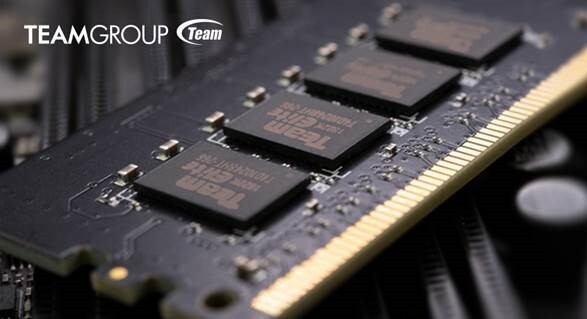erek
[H]F Junkie
- Joined
- Dec 19, 2005
- Messages
- 10,894
"It is expected that consumers will not need to enter BIOS to enable the overclocking function as the DDR5 generation begins. After installing DDR5 memory, consumers can directly boot up their computers and experience the high performance without the overclocking step of DDR4. The powerful advantages of faster DDR5 will be instantly demonstrated and consumers will be able to effortlessly enjoy the extreme speed brought by the new generation."

https://www.techpowerup.com/275964/...-consumer-grade-ddr5-memory-begins-validation

https://www.techpowerup.com/275964/...-consumer-grade-ddr5-memory-begins-validation
![[H]ard|Forum](/styles/hardforum/xenforo/logo_dark.png)